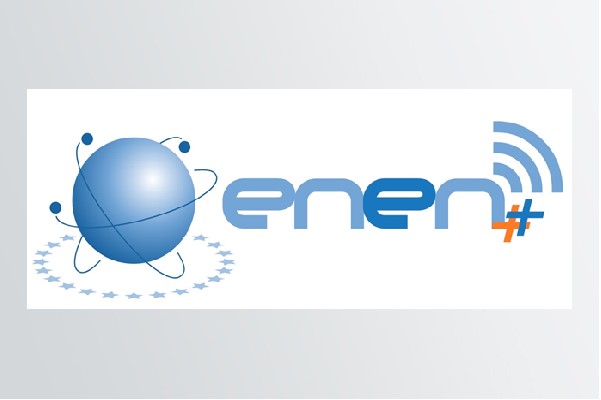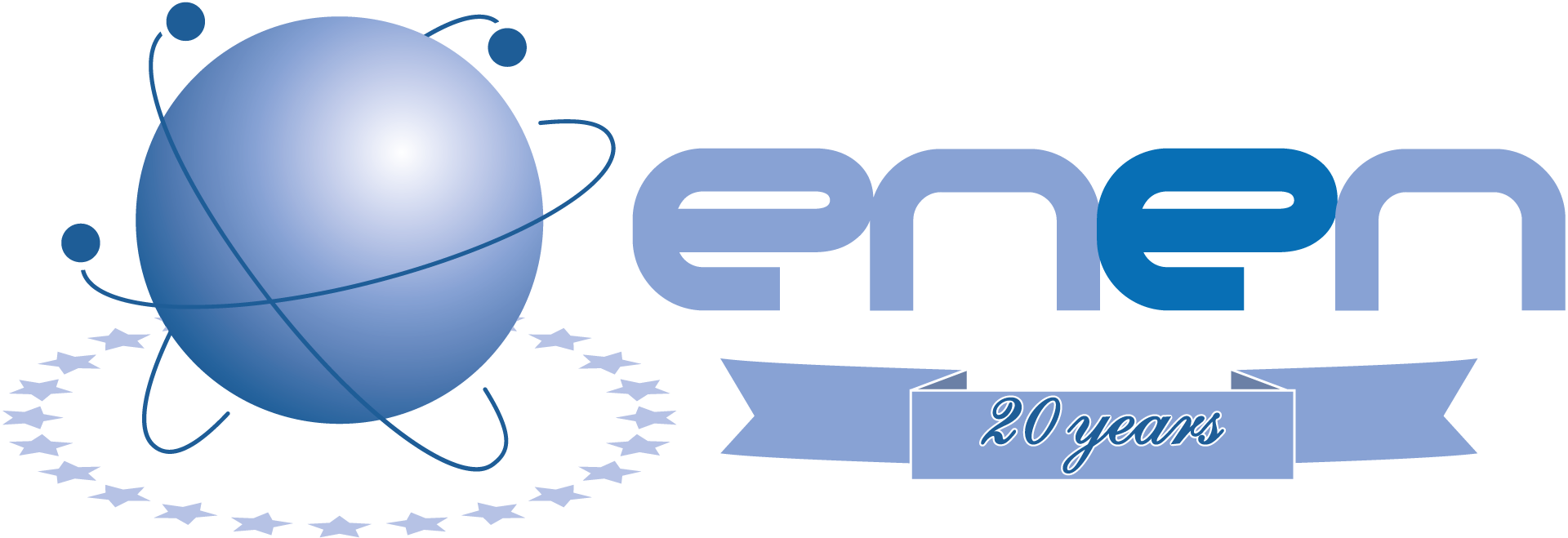UCL – UNIVERSITÉ CATHOLIQUE DE LOUVAIN
(LOUVAIN-LA-NEUVE, BELGIUM)
The creation of Universities as an institution was one of the best things to come out of the Middle Ages. The institution’s commitment to extending the boundaries of human knowledge, transmitting this knowledge, and thereby increasing the humanity of the human race has kept it at the forefront of civilization in the 21st century. The “Université catholique de Louvain” has played a part in this process with pride since 1425.
Today, at UCL, Nuclear Science and Technology are the subject of research and teaching in three main areas:
– Medical sciences: research is carried out in the fields of radiation oncology, medical physics and radiobiology at the laboratory of Radiobiology and Radiation Protection of the department of Radiation Oncology (http://www.imre.ucl.ac.be/); six training programmes in radioprotection (called RPR courses) are offered (http://www.imre.ucl.ac.be/rpr/) at master level.
– Nuclear physics: research and teaching in nuclear physics takes place at the department of physics (http://www.phys.ucl.ac.be/). Moreover, the « Cyclotron Research Centre » (http://www.cyc.ucl.ac.be/) operates two different cyclotrons for use by national and foreign experimental groups. The main activities of the CRC can be classified in two categories: (a) Research and development in the field of particle accelerators, ion sources and their applications; (b) Production of accelerated stable and radioactive ion beams for nuclear physics, nuclear astrophysics, chemistry, medicine, isotope production, and technological applications.
– Nuclear thermalhydraulics: the department of mechanical engineering of the “Ecole Polytechnique de Louvain” (http://www.uclouvain.be/meca.html) In its division of thermodynamics, the department carries out research and teaching in nuclear engineering, especially in nuclear thermalhydraulics, and cooperates to the BNEN programme
Ex. Of available Courses in the mechanical engineering department:
- BNEN-RT: Nuclear reactor theory (more courses available in the BNEN program at http://www.sckcen.be/bnen)
- BNEN-NT: Nuclear thermal hydraulics
MECA2600: Introduction au génie nucléaire et théorie des réacteurs I
BNEN – Belgian Nuclear higher Education Network
|
In a country where a substantial part of the electricity generation will remain of nuclear origin for a number of years, there is a need for well educated and well trained engineers in this area. Public authorities, regulators and industry brought their support to this initiative. In 2001, the Belgian Nuclear Research Centre SCK CEN and five Belgian universities signed a consortium agreement to set up an education programme in nuclear engineering. In the academic year 2006-2007, a sixth university, ULB, joined the programme. The universities involved are now: KUL (Leuven), UG (Ghent), VUB (Brussels), UCL (Louvain-la-neuve), ULg (Liège) and ULB (Brussels). These seven partners have engaged themselves to provide students and young-professionals with a high-standard nuclear engineering programme. The BNEN academic programme is a one-year (60 ECTS) Master-after-Master programme open for holders of a Master degree in engineering. For students not fully satisfying this requirement, special entrance considerations apply. The programme consists of ten courses to be followed mandatory (41 ECTS), the opportunity to select a number of advanced courses at will (up to 4 ECTS worth) and a Master thesis (15 ECTS). The subjects of the courses range form nuclear physics, nuclear reactor theory, nuclear thermohydraulics to reactor plant operation and control, radiation protection and safeguards and nuclear materials. It also includes courses on nuclear energy and the nuclear fuel cycle. For a complete list of all courses, see http://www.sckcen.be/bnen/courses_shares.html. All courses are given in a modular fashion, i.e. the students get a course in the duration of one up to three weeks of continuous lectures and lab sessions. Attention is indeed paid to the fact that most courses are not only theoretical ones, but many of them have exercise sessions and laboratory sessions associated with them. These sessions are organised and thought by the scientific staff at SCK CEN. Both full-time students and young-professionals are enrolled in the BNEN programme. The latter usually take on a subject of their day-to-day job to study for their Master thesis while the full-time students typically take a research subject at SCK CEN. These subjects cover all possible domains related to nuclear engineering. The advanced courses either deepen or broaden a subject touched in the regular courses. BNEN itself organises each year a number of these advanced courses for which we invite specialists in a certain field. Some of the courses that were organised are “Severe accidents” (CEA), “Decommission of nuclear facilities” (SCK CEN), “Underlying R&D for the disposal of radioactive waste” (SCK CEN) and “Production of radioisotopes” (IRE). All these courses are open for attendance by not only BNEN students, but also ENEN students and (young-)professionals.
|
|
Website: http://www.sckcen.be/bnen Partners: KULeuven, UGent, VUBrussel, UCLouvain, ULiège, ULBruxelles, SCK CEN Official language: English President of the consortium: Prof. Dr. Ir. Jacqueline Lecomte-Beckers,ULiège (2006-2007, 2007-2008) |



